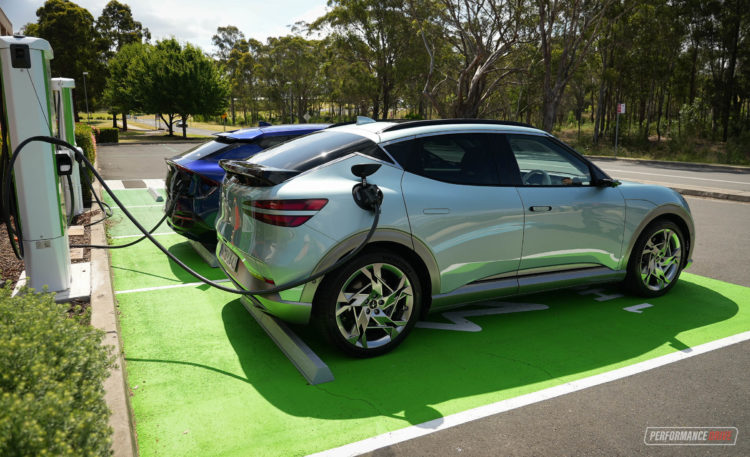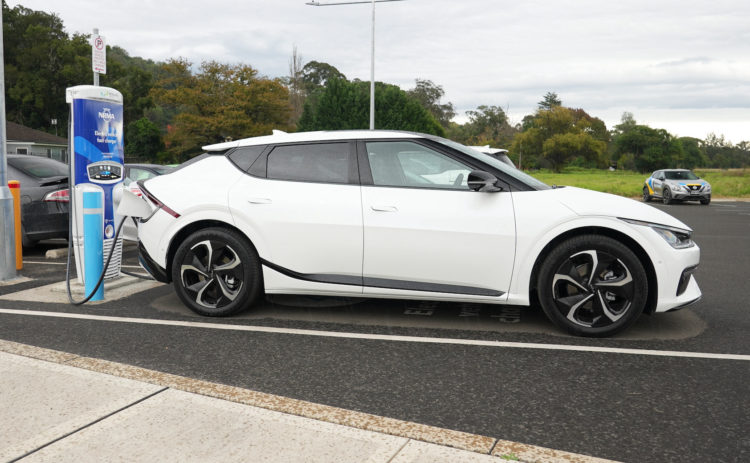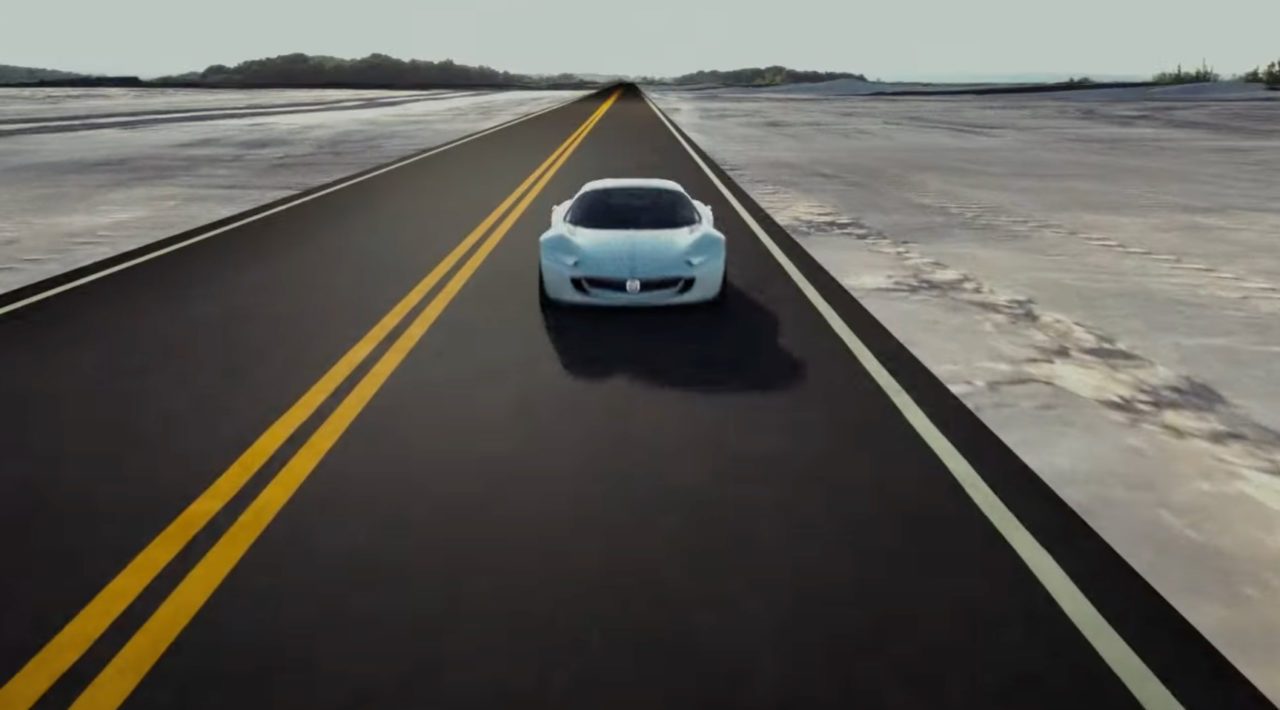The Albanese government has announced plans to introduce Australia’s first set of fuel efficiency standards with its electric vehicle policy, announced by Chris Bowen this week.
The federal government’s plans made no additional concrete investments into electric vehicle charging infrastructure, nor added incentives for Aussies to purchase a battery-electric or hybrid vehicle. Instead, the plan outlines a fuel efficiency standard that manufacturers would have to meet in order to sell vehicles in Australia, though the figures are yet to be confirmed.
As it stands, Australia is one of the only developed nations in the world yet to introduce fuel efficiency standards, an honour it shares with Russia. In reference to additional incentives to purchase an EV, the policy says that the government will work with states and territories to create “nationally consistent principles to guide further incentives to support sustained demand across the nation over time”.
The policy included no firm targets nor estimates of the potential uptake of electric vehicle sales here in Australia. Climate change minister, Chris Bowen, said: “Fuel efficiency standards are an important step forward for our country and this commits the Albanese government to developing them. It’s years overdue for Australia.”
In terms of infrastructure investments, or lack thereof in the policy, Bowen pointed out that Labor has committed to its $500 million ‘driving the nation’ election pledge.
That pledge outlines half a billion worth of investments aimed at creating a nation-wide electric vehicle charging network with public chargers at 150km intervals, as well as some hydrogen refuelling stations.
Interestingly, the policy outlines the reaction of a “recycling, reuse and stewardship” initiative for EV and other large format batteries, that will “become essential as lithium-ion batteries degrade” over time and eventually need to be replaced.
Also outlined in the policy is the transition of its government fleet to a target of 75 per cent of low-emissions vehicles by 2025.


